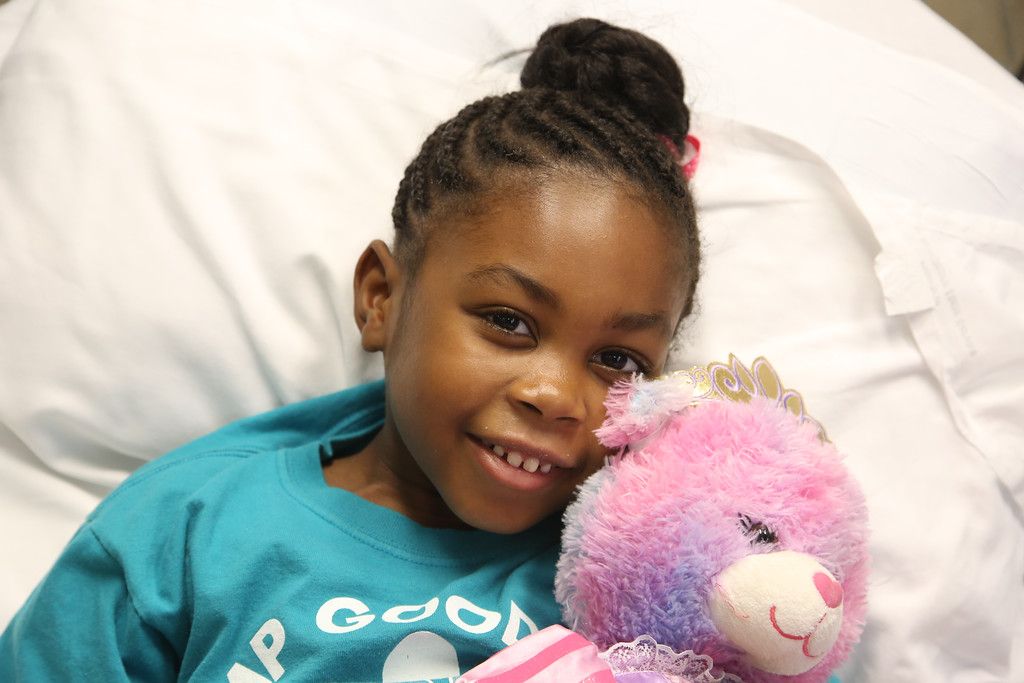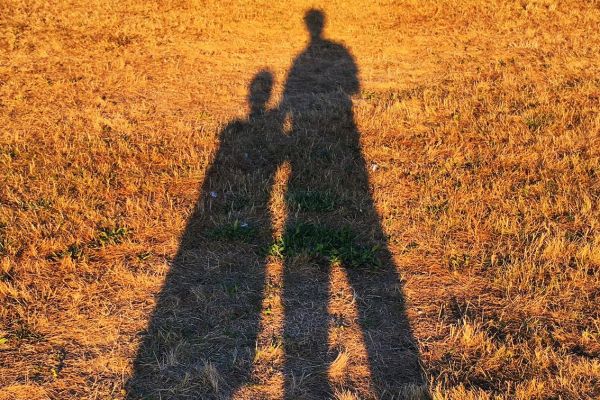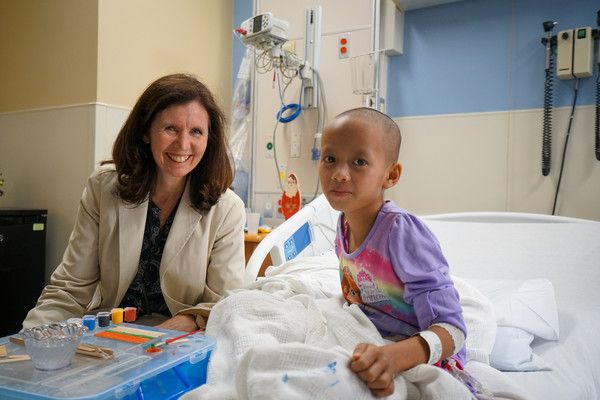A Look Inside the Long-Term Follow-Up Clinic
As Childhood Cancer Awareness Month comes to a close, we want to stress the importance of long-term follow-up care and the benefits of the pediatric survivor’s clinic.
Although there is an 80 percent cure rate for pediatric cancer, childhood cancer survivors face a unique set of ailments as their bodies develop and grow. The same treatments — chemotherapy and radiation — that are helping save so many lives can also cause other health problems years later, such as fertility issues, organ dysfunction, and secondary cancers. The risk of developing long-term side effects differs for each child based on age at diagnosis, gender, and type of treatment.
The Pediatric Department’s Long-Term Follow-Up (LTFU) Clinic screens, monitors, and manages the health of young survivors beginning approximately five years after treatment ends to prevent future complications and ensure a healthy, productive life. It is important for all pediatric survivors to continue regular medical care for life with annual, routine appointments.
Because each child is different, we provide specialized care and counseling based on individual needs.
The LTFU services include:
Long-Term Treatment Plan: We develop a plan for future health care management and screening based on medical history. We keep a detailed summary of the cancer treatments received and recommend routine health exams based on the specific health risks.
Screening: Our mission is to prevent, detect and treat any delayed effects of treatment. We perform regular medical exams and tests such as x-rays and blood work to monitor the heart and lungs, growth and development, as well as cognitive or learning issues.
Counseling: A member of the psychosocial team is available to discuss school performance, family issues, insurance concerns and mental well-being. We also discuss nutrition, diet and exercise to help maintain your health.
Physician collaboration: We work closely with the child’s other physicians to ensure well-coordinated care, as our program is not intended to replace the primary care provider or pediatric oncologist. Once treatment ends, we recommend establishing a relationship with a local health care provider who is available for sick visits and check-ups.
Local Resources: We suggest and connect patients with additional resources and community programs available for childhood cancer survivors.
Any survivor of childhood cancer, regardless of where treatment was received, is welcome in this clinic. If you have questions about the LTFU clinic, please call 716-845-4447.


